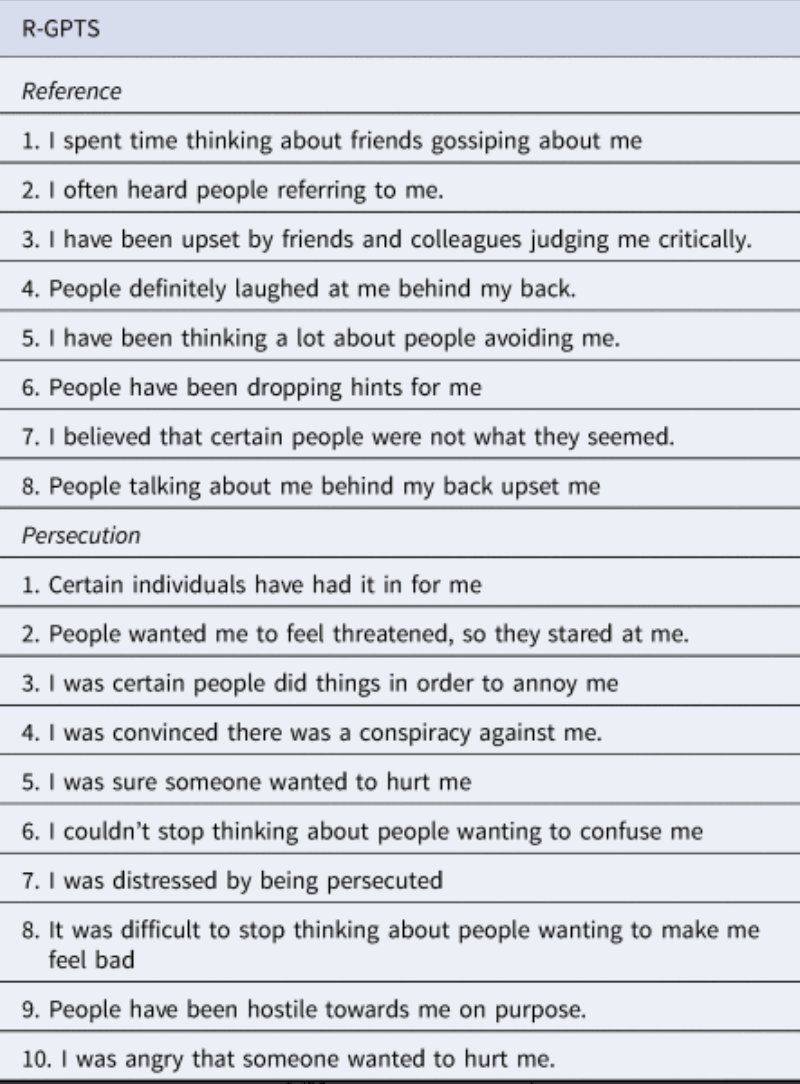
Research Consultant & Mum.
#AutisticElder
Personal page. Own views.
Critical Autism Studies genre.
@annmemmott.bsky.social
"Like"= I've read the post
13 subscribers
How to get URL link on X (Twitter) App


 I'm used to ignoring the marketing-speak in behaviourist papers,(bold claims about 'evidence-based' and 'best practice'. See the research in the link on my profile here for the actual evidence, which tells a rather different story.)
I'm used to ignoring the marketing-speak in behaviourist papers,(bold claims about 'evidence-based' and 'best practice'. See the research in the link on my profile here for the actual evidence, which tells a rather different story.)




 Here we are with the opening explanation of our loved autistic people. In typical ABA style, the first sentence is an error, as the first to describe autistic individuals was Sukhareva in the 1920s. Good try, though. "Feeble-mindedness", eh? Well, thank you. Moving on/
Here we are with the opening explanation of our loved autistic people. In typical ABA style, the first sentence is an error, as the first to describe autistic individuals was Sukhareva in the 1920s. Good try, though. "Feeble-mindedness", eh? Well, thank you. Moving on/ 

 I tend to go straight to the index of new books, to find out what they have to say about e.g :
I tend to go straight to the index of new books, to find out what they have to say about e.g :
 One notes this charming snip in a chapter made available via academic search engines. 'Organism' is such an interesting word, in the context of describing how ABA teams think of our loved autistic children. It worked on organisms, must be OK for autistic children...
One notes this charming snip in a chapter made available via academic search engines. 'Organism' is such an interesting word, in the context of describing how ABA teams think of our loved autistic children. It worked on organisms, must be OK for autistic children... 




 So, if I read this correctly, 2 out of 4 autistic boys had 'gamed the system' and chose random things rather than do what the ABA team commanded them to do/
So, if I read this correctly, 2 out of 4 autistic boys had 'gamed the system' and chose random things rather than do what the ABA team commanded them to do/



 Alleged Misconception: All behaviour is caused by an unmet need.
Alleged Misconception: All behaviour is caused by an unmet need.
